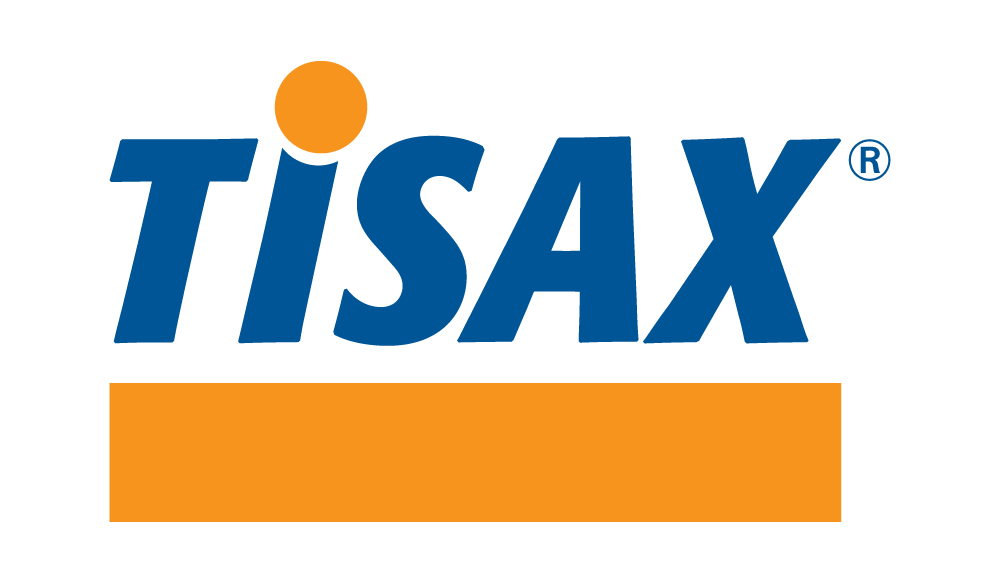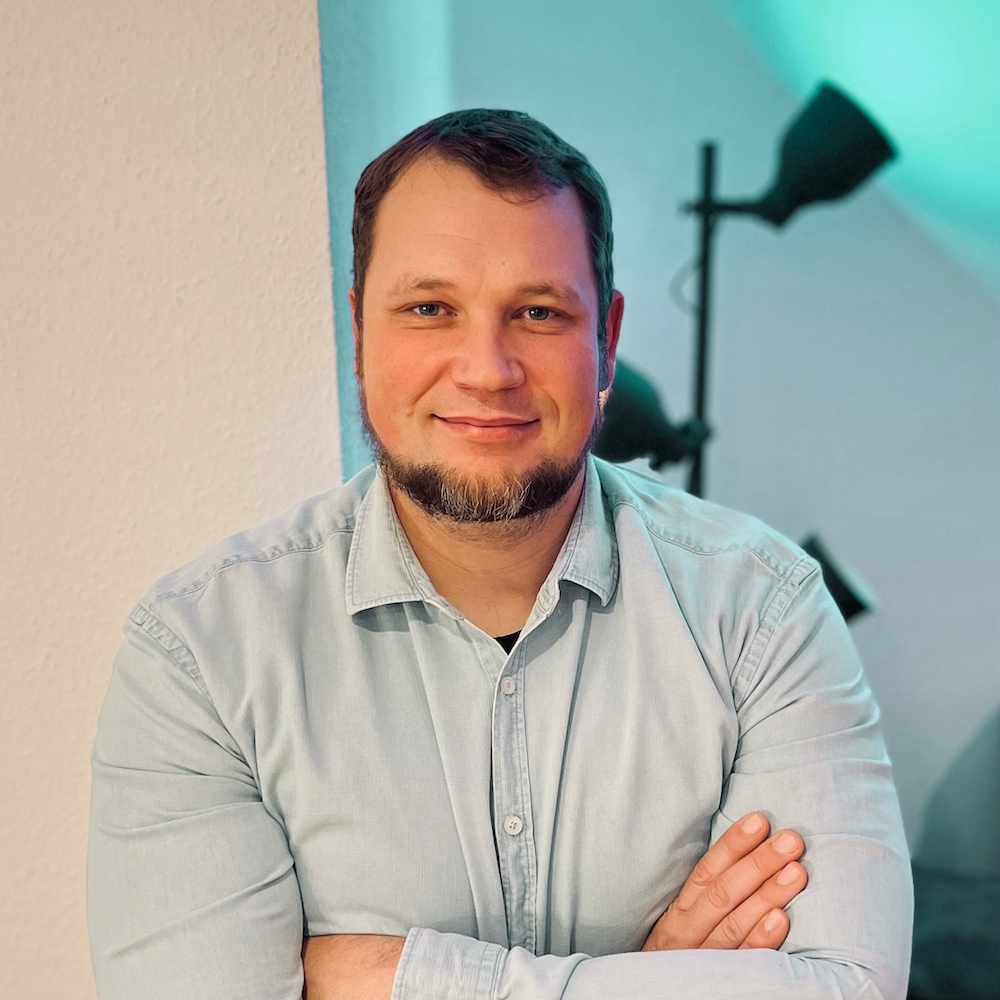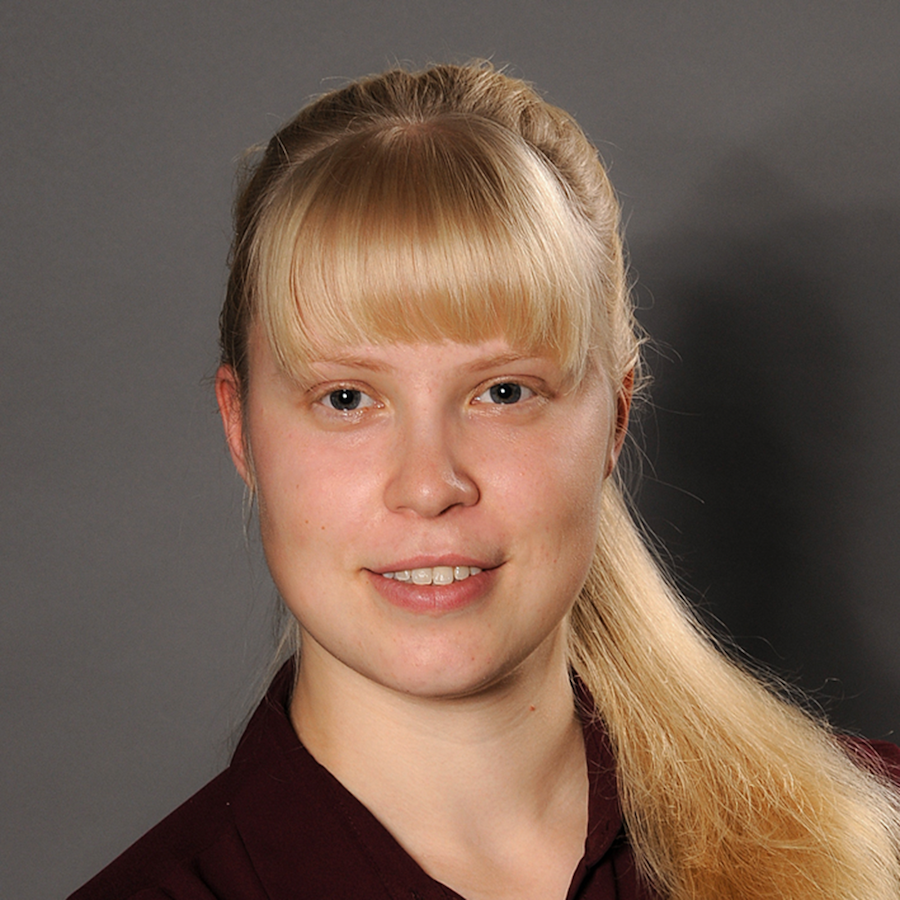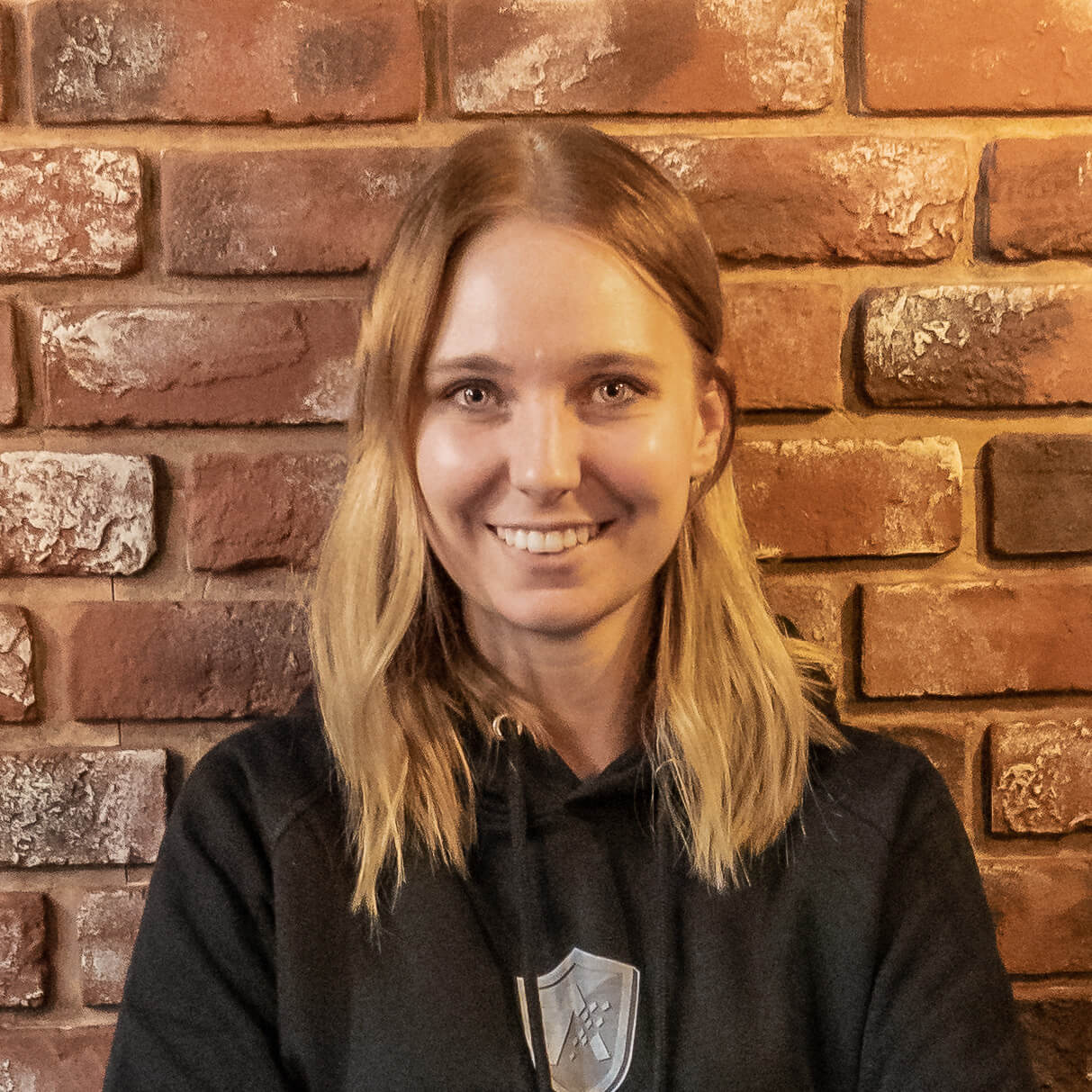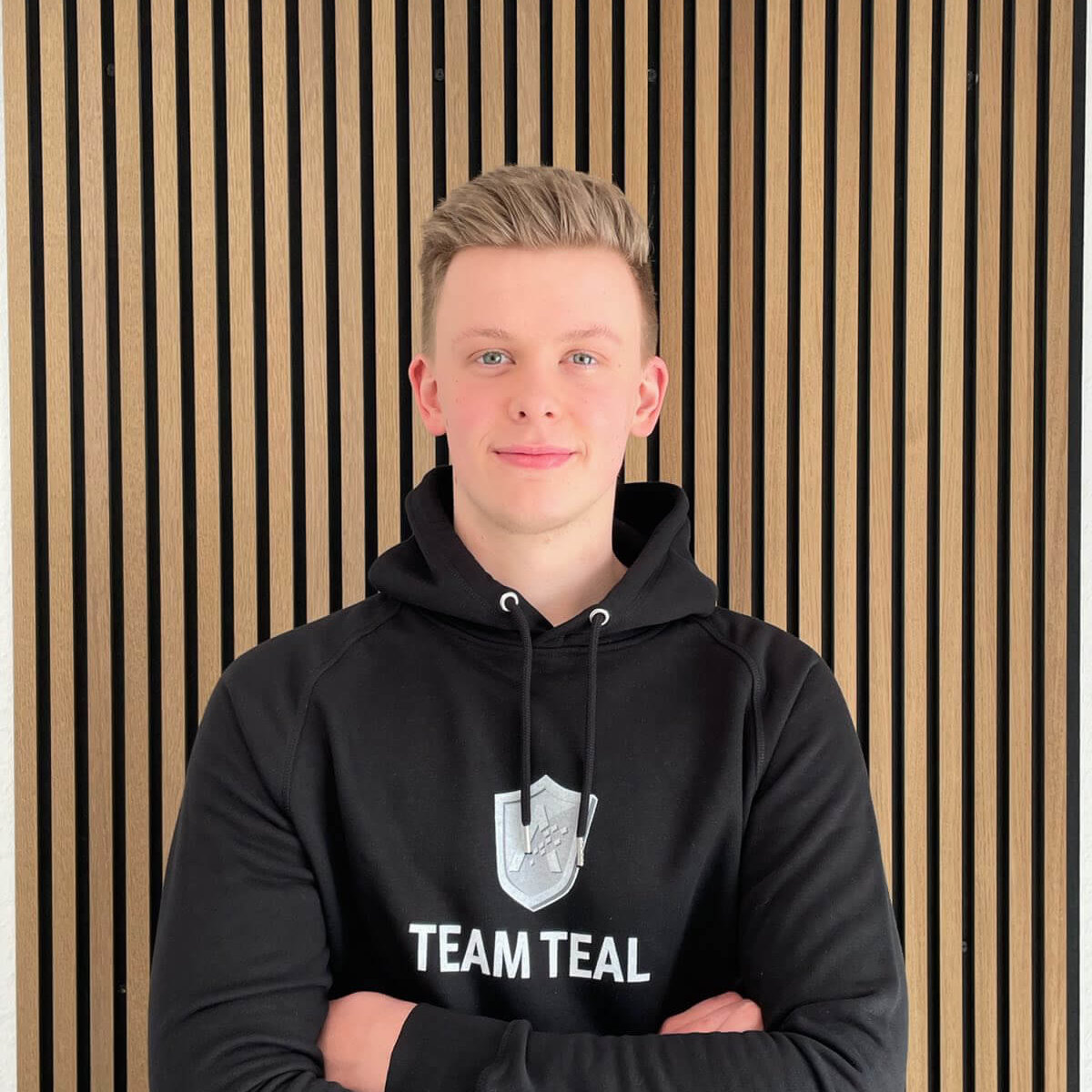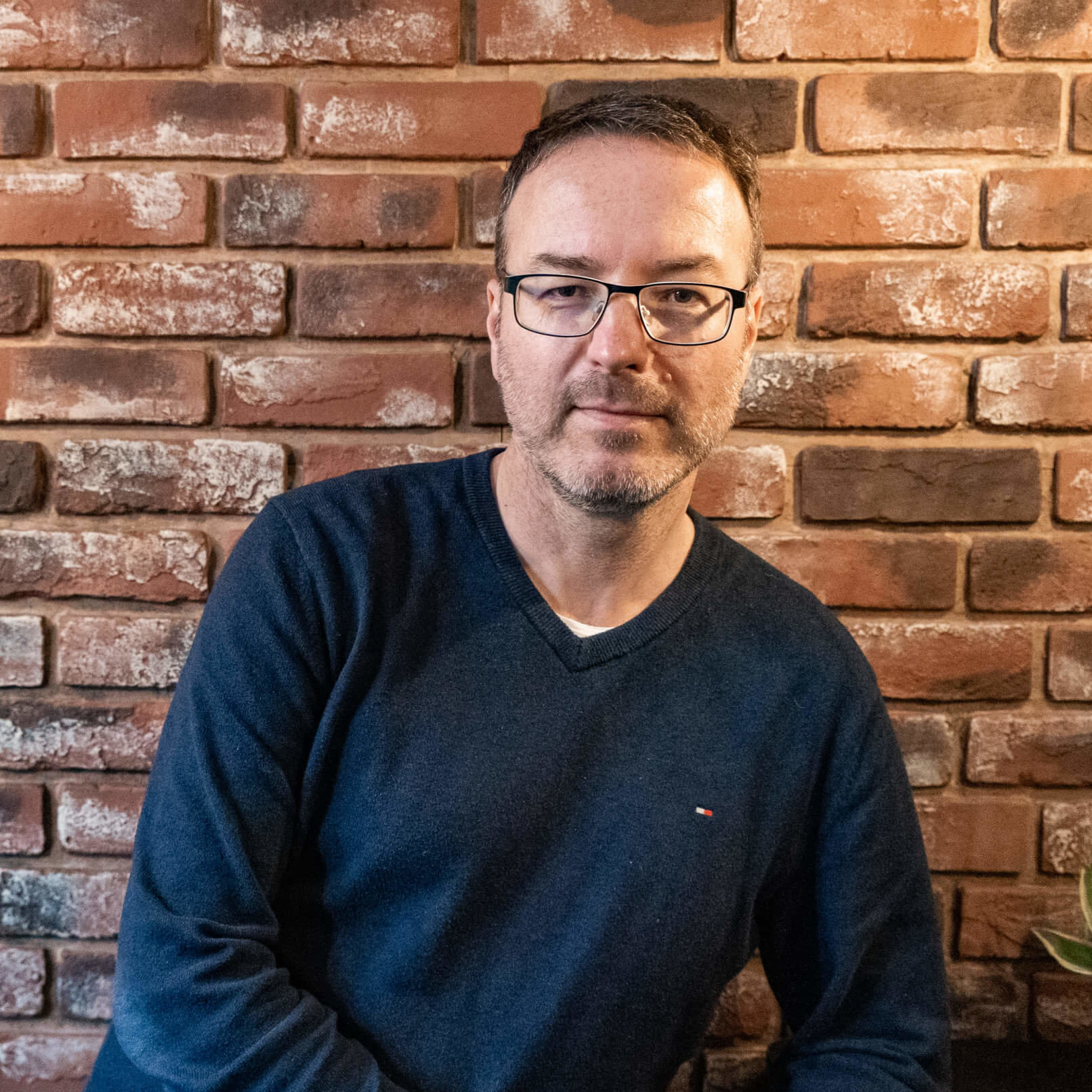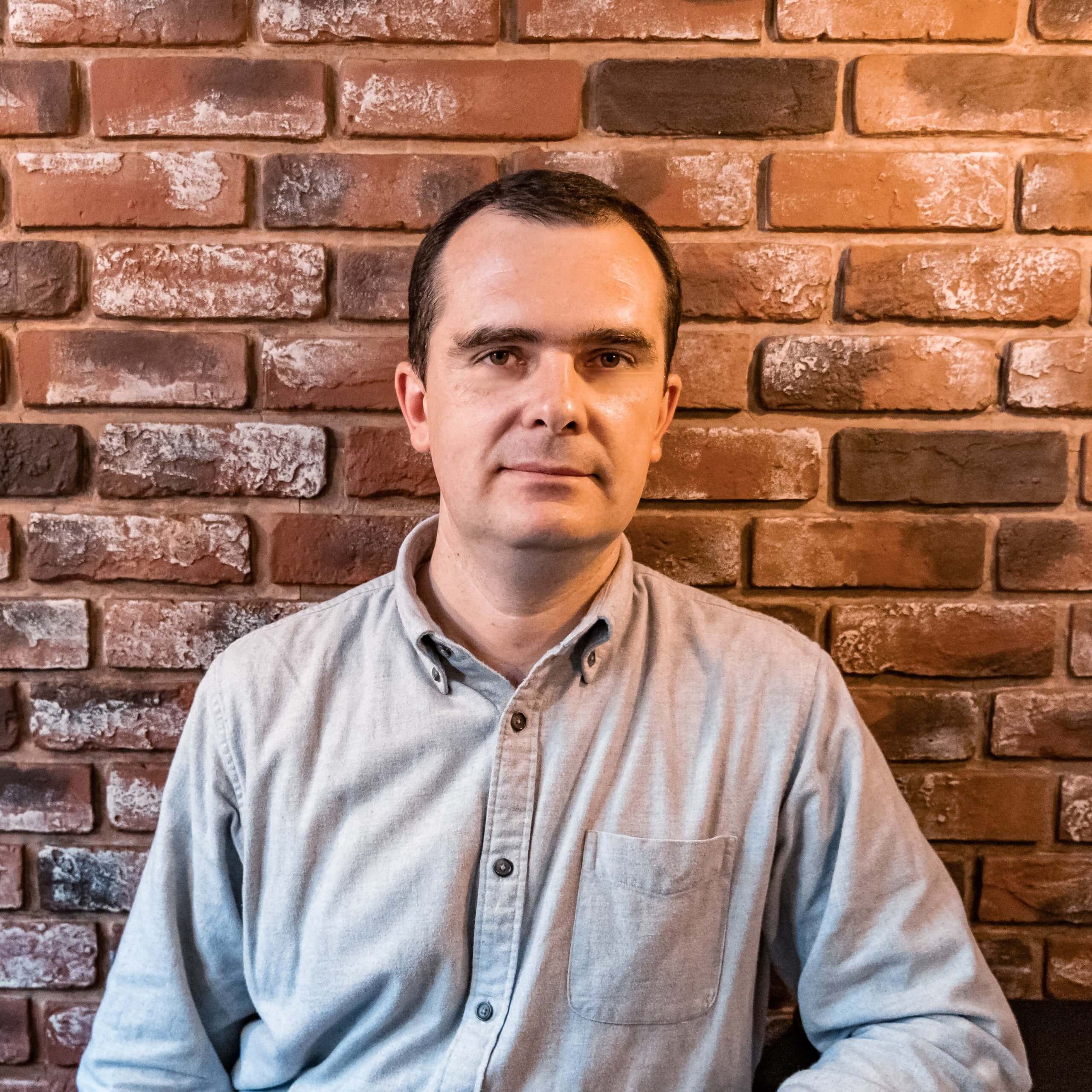Our
Philosophy
After many years of professional experience in a large, globally active consulting company with a focus on Microsoft enterprise customer projects, we wanted to take things into our own hands as independent entrepreneurs in order to be able to make a difference and shape things. Manuel Hoffmann,
Fabian Böhm and Alexander Schmitt founded TEAL Technology Consulting GmbH at the beginning of 2017.
TEAL as a company is based on self-organisation. Our efforts to be able to make a difference and shape things ourselves therefore also apply to our employees. They have all the freedom to act independently and make decisions in accordance with their expertise and function.
Our
Value
Our corporate management is based on the three core values “integrity”, “partnership” and “success”. We describe what we understand by it and how we live it below. Every employee is invited, even encouraged, to constantly expand and improve our value system.
